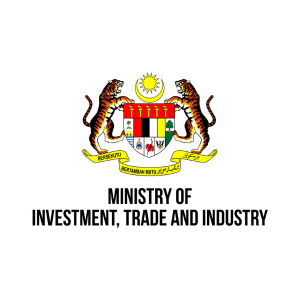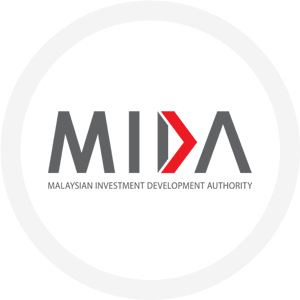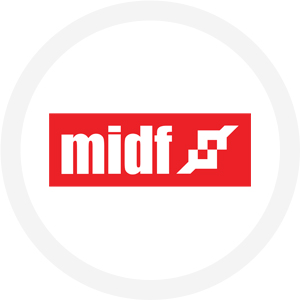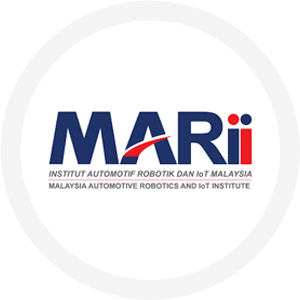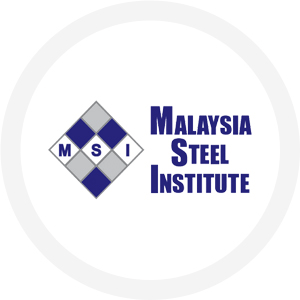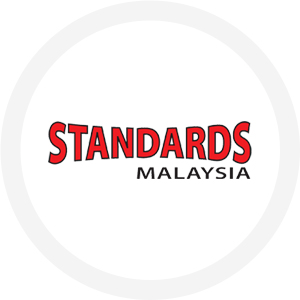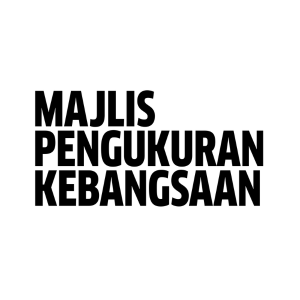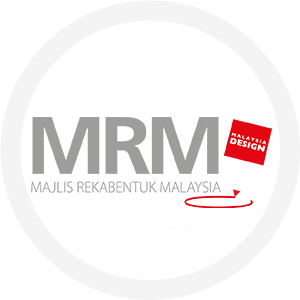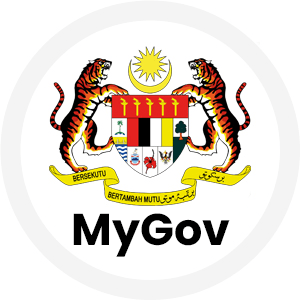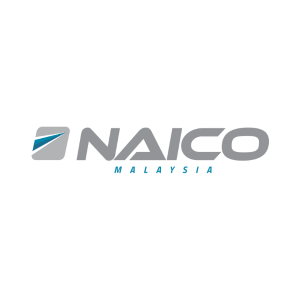Strong Tripartite Collaboration Crucial to Implement The Progressive Wage Model in Malaysia
13 March 2024, Petaling Jaya – Tripartite collaboration comprises workers’ unions, employers, and the government, is needed to ensure the successful implementation of the progressive wage model in Malaysia. The same model has been implemented in Singapore and developed by tripartite committees.
This was highlighted during a capacity building programme, “Driving Productivity Growth Through Progressive Wage Policy”, from 27 – 29 February 2024, organised by Malaysia Productivity Corporation (MPC) in collaboration with the Singapore National Employers Federation (SNEF), attended by various public and private sector organisations.
In attendance were also the Ministry of Human Resource (MOHR), the Malaysia Trades Union Congress (MTUC), and the Malaysian Employers Federation (MEF). Strong collaboration and partnership among MOHR, MEF, and MTUC will ensure the successful implementation of the progressive wage model in Malaysia. The model is expected to impact labour market reform, reducing the gaps between high and low-income workers, and aligning wage settings based on productivity and skills.
The capacity-building programme followed the white paper on progressive wage policy announced by YB Rafizi Ramli in November 2023. The paper explained the Government’s commitment to reforming the labour market, aiming to improve employee salaries in alignment with productivity performance and workers’ skills.
The white paper quoted Singapore’s experience in implementing the Wage Correction Policy in 1979 and 1982 as an example of successful reformative action in improving worker salaries and wages. The policy boosted productivity, reduced reliance on low-skilled foreign workers, and increased contributions by high-value economic sectors.
The Progressive Wage Model (PWM) in Singapore was first introduced by the National Trades Union Congress (NTUC) in June 2012, covering only a few specific industries, such as cleaning and security services. The model aims to increase the salaries of low-wage workers by upgrading their skills and increasing productivity. Since September 2022, PWM in Singapore has expanded to cover more economic activities.
MPC Director General, Zahid Ismail said, “Wage reform is necessary to strengthen the labour market, boosting Malaysia’s productivity and competitiveness. The growth in wages that does not align with productivity performance poses a challenge to the Malaysian labour market. MPC welcomed the white paper on the Progressive Wage Policy announced in November last year. We believe that this policy will address the issues of low wages that do not reflect workers' skills, productivity, and performance”.
“Implementing this policy ensures a balanced growth between wages, productivity, and business profit. With the progressive wage model, workers are fairly paid according to skills and productivity levels. This is a win-win situation for employers and employees”.
“The Minimum Wage Policy has raised the wage levels of low-skilled workers, but it negatively impacts the starting salaries for graduates, which are set almost at the minimum wage level. The progressive wage model can solve this problem as salary is based on skills and productivity levels”.
“MPC, as a member of the Executive Committee for the implementation of the progressive wage policy, and Policy Development and Skills Enhancement Working Committee, is committed to realising the Government’s plan to implement this new model”.
“Implementing the model aligns with national productivity and competitiveness goals as outlined in the Ekonomi MADANI framework, the Mid-Term Review of the Twelfth Malaysia Plan, the New Industrial Master Plan (NIMP) 2030, and the National Energy Transition Roadmap (NETR). Leveraging Singapore’s experience enables Malaysia to design the model’s implementation plan towards enhancing labour standards”.
SNEF shared Singapore’s experience in implementing PWM, focusing on its concept and principles, sectoral and occupational progressive wages, sustainability in its implementation, structural approach to its design, integration with job redesign, and critical considerations for successful implementation.
The session also delved into moving forward actions from model conceptualisation to implementation in the Malaysian context involving tripartite partners from the government, employer, and employee representatives.
End.
About Malaysia Productivity Corporation (MPC)
MPC is a statutory body under the Ministry of Investment, Trade and Industry (MITI). It drives national productivity holistically at the national, sectoral, and enterprise levels through three main thrusts: developing future talent, driving digitization and innovation, and building a robust ecosystem. It collaborates strategically with the private and public sectors by emphasising productivity as a key agenda to boost productivity growth and national competitiveness, ultimately leading to shared well-being and prosperity.
For media inquiry:
Media Management Unit
media@mpc.gov.my







